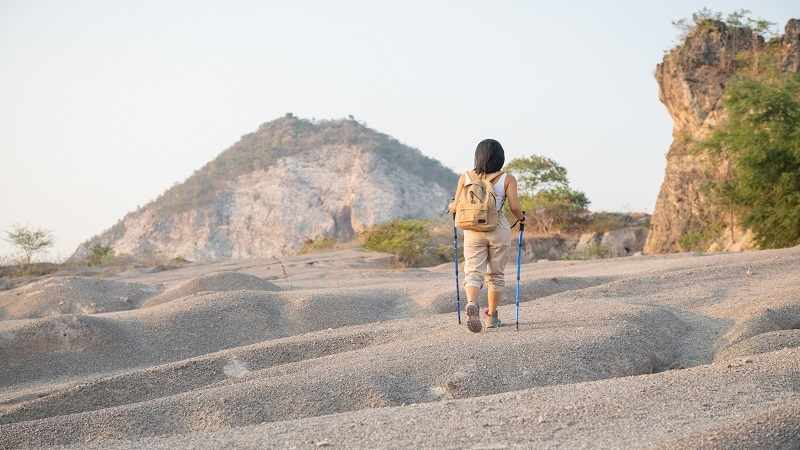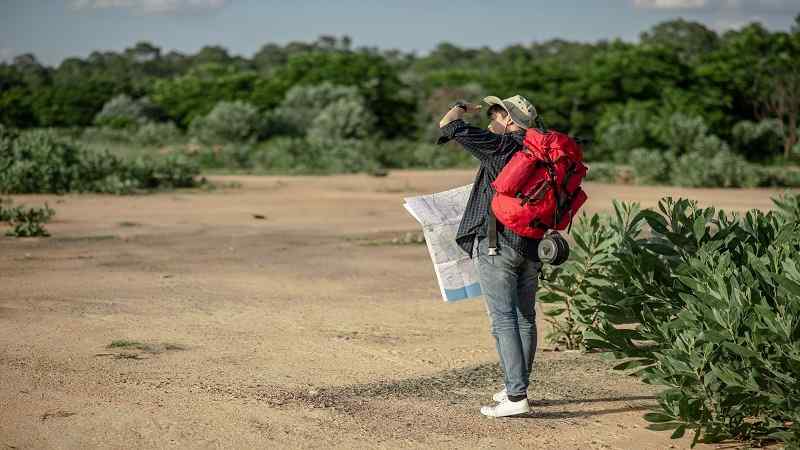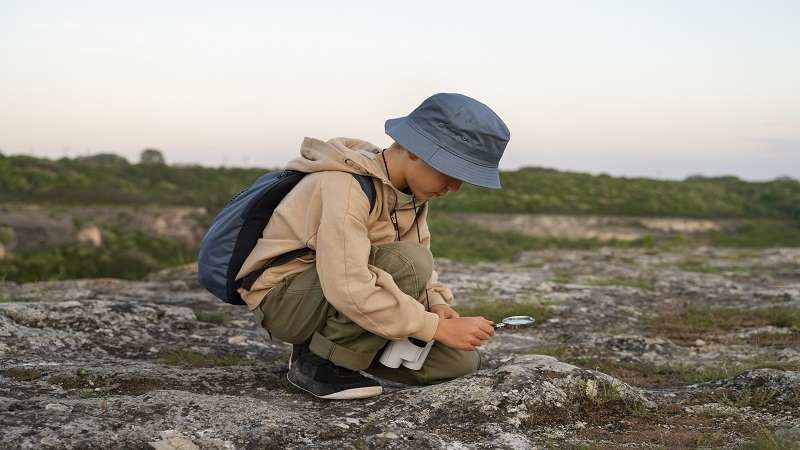Human history has always been shaped by exploration—seeking new lands, understanding hidden truths, and expanding the boundaries of knowledge. Among the concepts that have sparked intrigue in recent years is Daskusza Exploration. Though the word “Daskusza” carries an air of mystery, it has come to symbolize the intersection of geography, culture, ecology, and inner human journeys.
This article delves deeply into the idea of Daskusza Exploration—its possible origins, cultural significance, ecological richness, modern scientific approaches, and metaphorical meanings. It is not only a study of a mysterious place but also an invitation to see exploration as both an outward and inward journey.
1. Origins of the Term “Daskusza”

The origins of “Daskusza” remain uncertain. Some linguistic scholars speculate that the term may have Slavic or Central Asian roots, loosely connected to words meaning land, soul, or whisper. Others argue it could be an amalgamation of indigenous dialects lost through time.
This uncertainty makes the term evocative. Like mythical cities such as Atlantis or El Dorado, Daskusza is less about confirmed geography and more about what it represents: a hidden place waiting to be uncovered.
2. The Geographic Puzzle
One of the most intriguing aspects of Daskusza Exploration is the ongoing debate about its physical location. Some researchers believe it could lie within the remote mountain ranges of Eastern Europe, hidden between valleys and dense forests. Others propose connections to Central Asian steppe regions or Siberian wildernesses—places still underexplored by modern science.
Geography, however, is only part of the mystery. Some accounts suggest Daskusza might not be a single place but a series of hidden landscapes that share similar ecological and cultural traits. This interpretation broadens the idea from a point on a map to an entire symbolic geography of the unknown.
3. Myths, Legends, and Folklore
Stories surrounding Daskusza have circulated in oral traditions for centuries. These myths often describe natural wonders that defy explanation:
-
The Vanishing Lake – a body of water said to appear and disappear with the changing seasons, baffling early travelers.
-
The Singing Tree – a tree that produces melodic hums when the wind passes through its branches.
-
Tribes of Hidden Knowledge – communities who, according to legend, preserved ancient wisdom of astronomy, medicine, and spiritual healing.
Such myths may be exaggerations or symbolic tales, yet they reveal how Daskusza has long captured the human imagination as a place where the ordinary laws of nature bend toward the extraordinary.
4. Cultural and Anthropological Importance
From an anthropological perspective, Daskusza may have been a cultural crossroads. Isolated communities in such regions often develop unique traditions, dialects, and healing practices.
Possible areas of study include:
-
Language: Lost dialects or proto-languages preserved in oral traditions.
-
Rituals and Beliefs: Shamanic practices, seasonal ceremonies, and myths tied to natural cycles.
-
Healing and Medicine: Knowledge of medicinal plants that could offer insights into alternative health practices.
For explorers and researchers, Daskusza represents not only a physical site but also a cultural treasure trove.
5. Ecology and Biodiversity
If Daskusza exists as a physical landscape, it could represent an ecological hotspot. Many uncharted valleys and mountain systems in Eurasia remain biologically unexplored. In such isolated environments, scientists could encounter:
-
Undiscovered plant species with medicinal or ecological importance.
-
Rare animals adapted to extreme conditions.
-
Unique ecosystems that could shed light on climate resilience and biodiversity.
The exploration of such areas carries both promise and responsibility, as ecological balance is delicate and easily disrupted.
6. Geological Significance
Geological theories suggest that regions like Daskusza may sit on fault lines or mineral-rich zones. This raises possibilities of:
-
Rare earth elements vital for modern technology.
-
Fossil deposits that reveal evolutionary history.
-
Volcanic and tectonic activity that helps scientists understand the Earth’s deep past.
Studying such landscapes could lead to discoveries that benefit energy sustainability, technological advancement, and scientific knowledge.
7. Tools and Methods of Modern Exploration
Unlike the explorers of centuries past who relied on compasses and maps, today’s researchers use advanced tools to investigate mysterious regions like Daskusza. These include:
-
Satellite imagery and LiDAR scanning to map landscapes hidden under dense forests.
-
AI-powered drones capable of exploring remote or dangerous terrain.
-
Portable laboratories that allow for on-site analysis of soil, water, and air samples.
-
Virtual reality simulations for training and preparing expeditions before physical entry.
These technologies allow scientists to explore ethically and efficiently, minimizing ecological impact while maximizing discovery.
8. Ethical Concerns in Exploration
Exploration is not without risks. The discovery of new lands or cultures often brings unintended consequences. Key ethical concerns include:
-
Environmental Damage: Mining, deforestation, or over-tourism could destroy delicate ecosystems.
-
Cultural Disruption: Contact with isolated communities may lead to the loss of traditions or exposure to harmful outside influences.
-
Exploitation: Commercial interests may exploit resources without considering long-term sustainability.
Thus, any Daskusza exploration must be guided by responsibility, preservation, and respect.
9. Daskusza as a Metaphor

Beyond its possible geographic reality, Daskusza has become a powerful metaphor for human exploration. It represents the unknown corners of our inner and outer worlds.
-
Intellectual Exploration: Just as scientists search for Daskusza, we push into new frontiers of physics, medicine, and technology.
-
Personal Exploration: On an individual level, “Daskusza” can symbolize journeys of self-discovery, resilience, and growth.
-
Cultural Exploration: Societies constantly rediscover themselves, unearthing hidden histories and redefining identity.
In this sense, Daskusza is not only a destination—it is an ongoing process of curiosity and transformation.
10. Planning an Exploration Strategy
If researchers were to embark on an actual expedition to uncover Daskusza, their plan might include:
-
Preliminary Research – study historical records, myths, and maps.
-
Environmental Scanning – use satellites and aerial drones for reconnaissance.
-
Cultural Collaboration – engage with local communities for oral histories and guidance.
-
Sustainable Approach – avoid exploitation, prioritize conservation, and respect cultural integrity.
-
Interdisciplinary Teams – combining geologists, anthropologists, ecologists, and ethicists.
-
Transparent Documentation – openly share findings to benefit global knowledge.
Such an approach ensures that exploration enriches humanity without damaging what makes Daskusza special.
11. The Timeless Human Drive to Explore
Why does Daskusza matter, even if its location remains uncertain? The answer lies in human nature. From ancient seafarers crossing oceans to astronauts venturing into space, exploration has always been a defining force.
Daskusza reminds us that:
-
There are always mysteries left to uncover.
-
Exploration requires courage balanced with responsibility.
-
The unknown is not a threat but an invitation.
It is this timeless drive that makes Daskusza more than a place—it is an idea that fuels the human spirit.
Conclusion
Daskusza Exploration is many things at once: a geographical puzzle, a cultural enigma, an ecological wonder, and a metaphor for personal and intellectual discovery. Whether or not its exact location is ever confirmed, Daskusza exists as a powerful reminder of humanity’s curiosity and resilience.
In a world where much seems mapped and measured, Daskusza whispers that there are still mysteries worth pursuing—both in distant landscapes and within ourselves. The true essence of Daskusza Exploration may not be about finding a place on a map, but about embracing the unknown as the heart of discovery.

